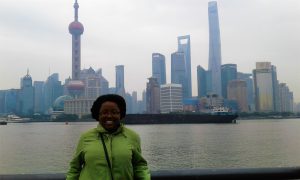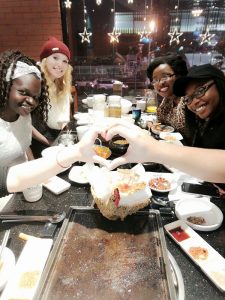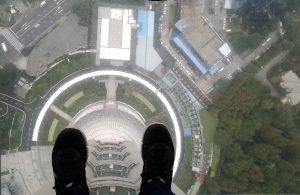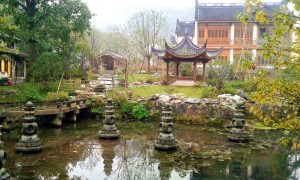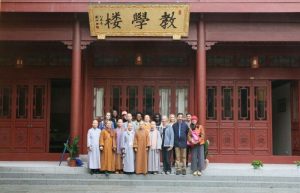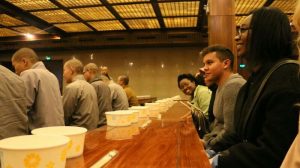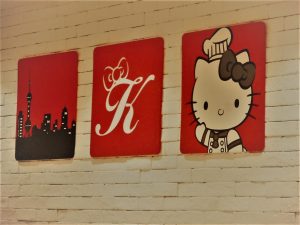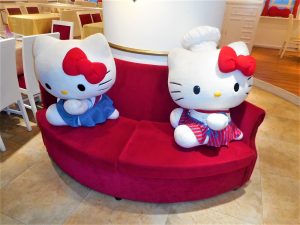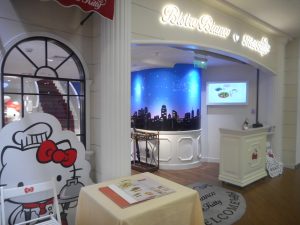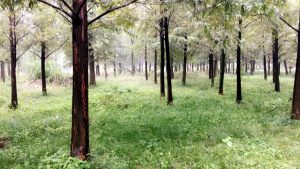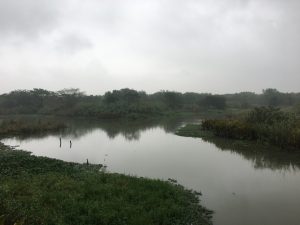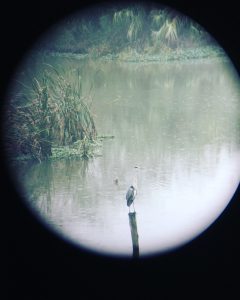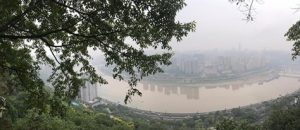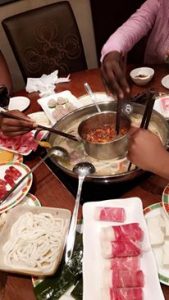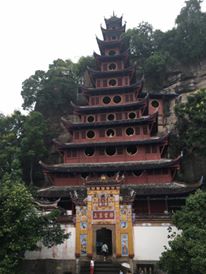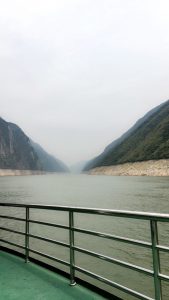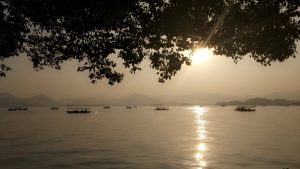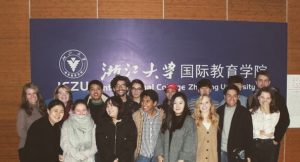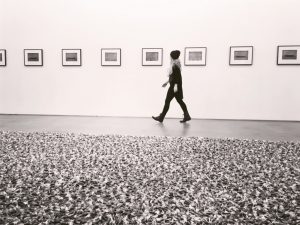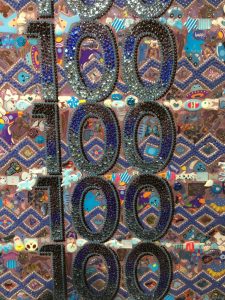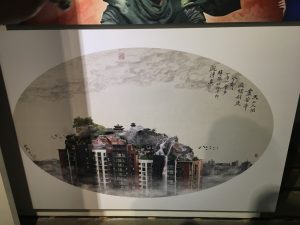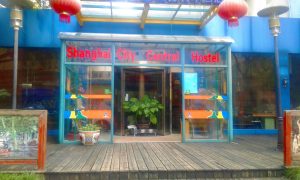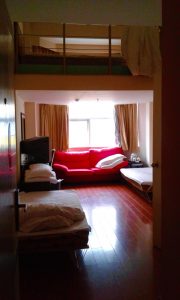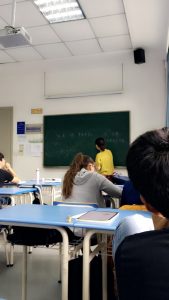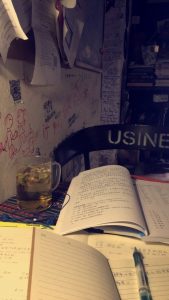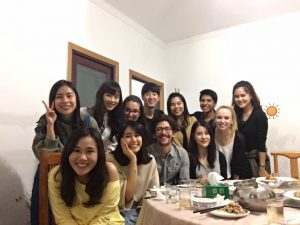Author: Maia Moore
Program: Hangzhou Study Center – China
Four months ago, I was sitting on an airplane wondering what the next few months would be like. This was the first time I had ever traveled alone. Well, technically, I wasn’t alone. I was traveling with a fellow classmate. However, it was a coincidence that we happened to be on the same flight. Before I left, I wrote a letter to myself about what I expected and what I hoped for the semester. I can’t recall what I actually put in the letter, but I’ll probably laugh when I read it.
There are many things I feel right now. Excitement, sadness, a sense of loss, happiness, gratefulness, a feeling of “what now”. The end is finally here but it’s so bittersweet. I’ll never forget the day I got here (how can I? It was my 20th birthday!). I was so nervous, so unsure of myself. I was scared. I didn’t know what to expect.
I’ve changed in many ways. I probably won’t know the extent of the change for years to come, but I do recognize a few changes within myself. The most drastic change that I have noticed within myself is my newfound independence. Now, I have always been an independent person, I like to rely on myself before I rely on anyone else. I am used to living far from home and having to figure things out for myself. However, I am not afraid to ask for help if I need to.
Living in Indiana with my family being in Alabama is very different from living in China while my family is in Alabama. When you are living in a different country, it’s not so easy to ask your family and friends for help because they are so far away. While in China, it was even more challenging because of the language and cultural barriers. The biggest challenge for me was going to Shanghai by myself. Like I said before, I am largely an independent person, but going to the one of the world’s largest city by yourself when you only speak half of the language is scary for most people.
Last year, I went to Chicago on my own to meet with a friend and I thought that was a big deal. I didn’t realize months later I would be undertaking the challenge of going to Shanghai on my own. I think that trip was a large testimony to how much I had adapted to challenges while abroad and how much more confident I had become in my own language skills.
The memories I have here, I’ll cherish forever. Some were good, some were bad, but there will never be another time like this. Of course I’ll travel again and meet new people and have new adventures. But this adventure will always hold a special place in my heart. I feel sad, because while I had my highs and lows on this trip, I can honestly say this is one of the greatest experiences of my life. But I also am very happy because while this trip may be over, this is not the end. It’s a beginning of many more good times to come.
